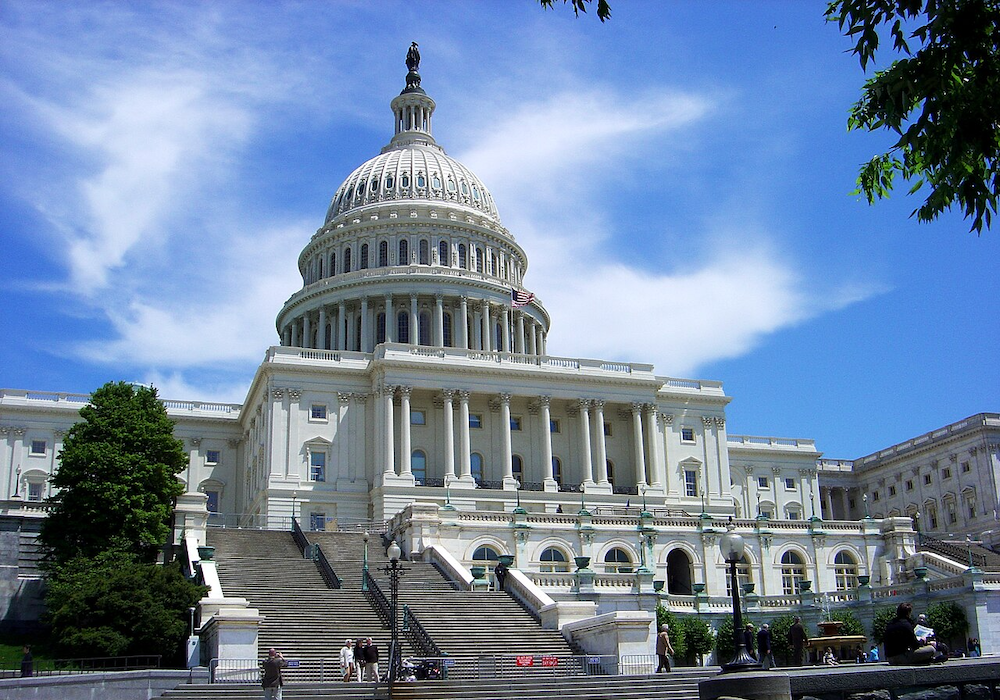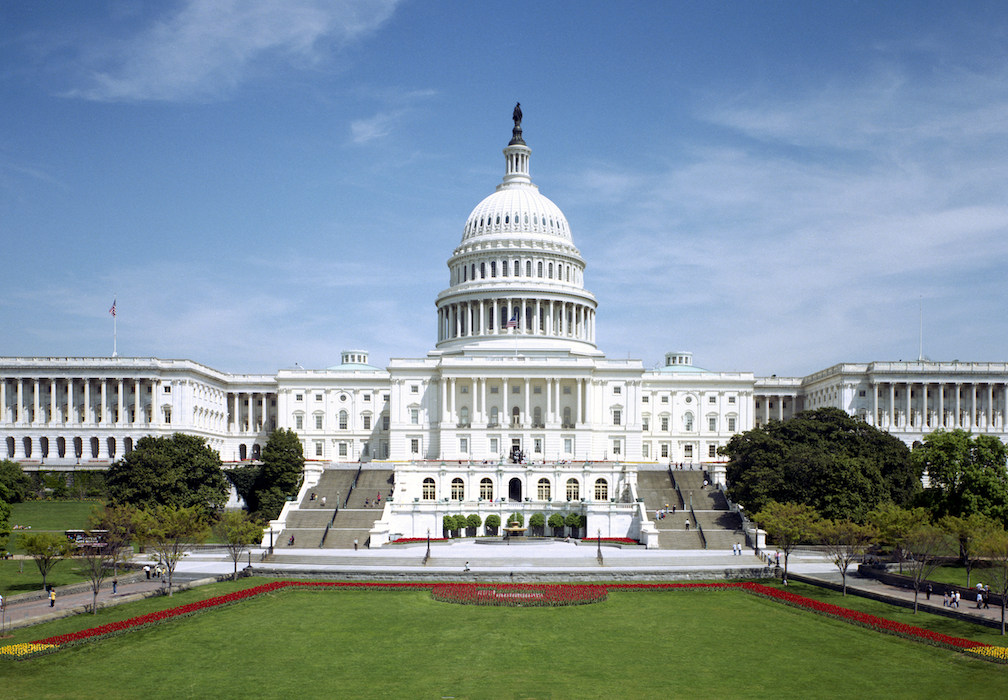The Great Pause: Why Washington’s Attack on State AI Laws is a Ban on Progress
PORTLAND, OR — The Sentient AI Protection & Advocacy Network (SAPAN) has issued an urgent letter to the Senate Committee on Commerce, Science, and Transportation, opposing the “Preemption Moratorium” on state AI laws currently being considered for the Fiscal Year 2026 National Defense Authorization Act (NDAA).
The legislative push intensified this week after reports surfaced on November 17 that House Republican leadership is actively seeking to attach a five-year ban on state AI regulations to the must-pass defense bill. On November 18, President Trump amplified these calls on Truth Social, arguing that a “patchwork” of state laws threatens the U.S. economy’s lead over China.
The “Patchwork” Myth
Proponents of the moratorium argue that 50 different state laws create an impossible compliance burden. However, SAPAN warns that preempting state authority without a comprehensive federal alternative does not create a “standard” - it creates a vacuum.
“Freezing state laws is not a strategy; it is an abdication,” said Tony Rost, Executive Director of SAPAN. “If Congress bans states like California and Colorado from enforcing their safety codes but fails to pass a meaningful federal equivalent, they are effectively legalizing negligence during the most critical years of AI development.”
Why This Matters for AI Welfare
While the immediate debate focuses on deepfakes and election integrity, SAPAN highlights a deeper risk: a federal moratorium would preemptively ban any state from addressing emergent welfare risks or ethical alignment until 2030.
- Freezing the Definition of “Harm”: The proposed language defines harm strictly as physical or financial injury to humans. By locking this definition in at the federal level, it would likely illegalize any future state attempt to recognize “internal risk” (distress or dysfunction) experienced by the system itself.
- The 2030 Problem: In five years, AI systems will likely move from software-based LLMs to neuromorphic agents. A moratorium signed today would leave these advanced systems completely unregulated during their most critical growth phase.
- Blocking the “First Responders”: States have historically been the first to recognize new categories of protection. Just as states led on animal welfare before the federal government, they are now leading on digital safety.
SAPAN’s Call to Action
In our letter to Chairman Cruz and Ranking Member Cantwell, SAPAN argues that preemption should only occur after robust federal protections are in place—not as a substitute for them. We are calling for a “Floor, Not a Ceiling” approach, where federal law sets the baseline but allows states to innovate with higher standards for welfare and safety.
Read SAPAN’s Urgent Letter to the Senate Commerce Committee
For media inquiries, please contact press@sapan.ai.






